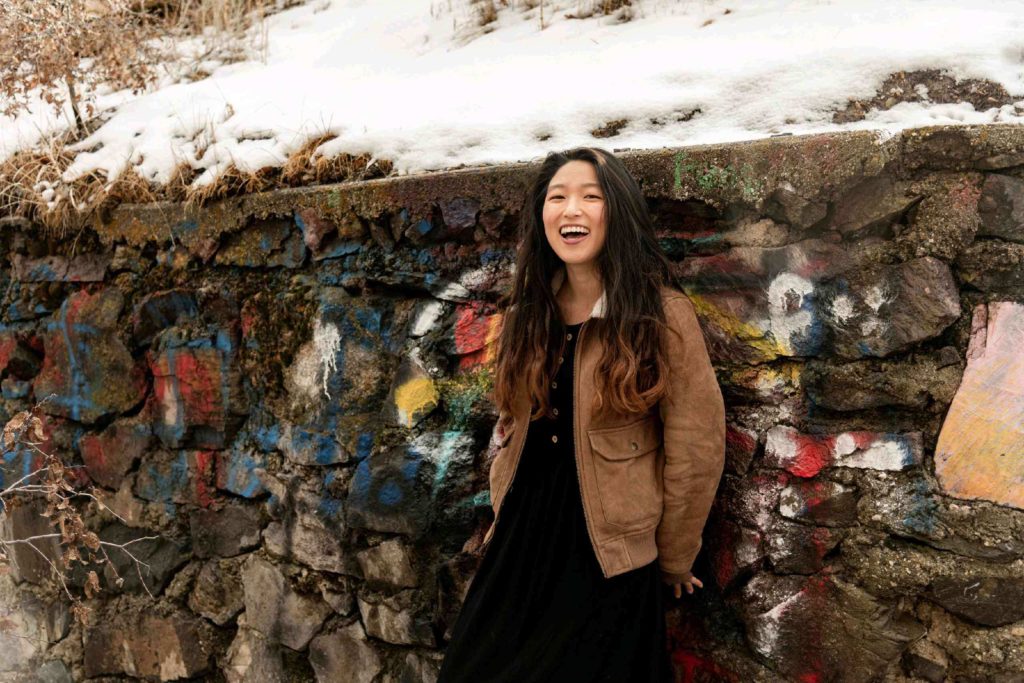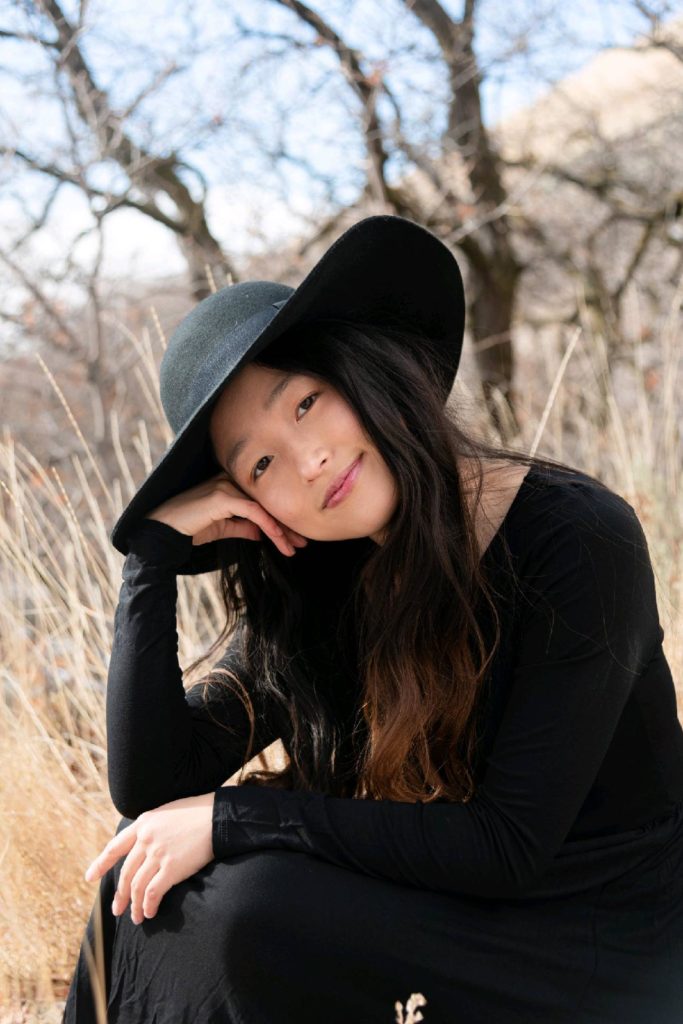
Rebekah Yi was a 13-year-old middle school student studying in Philadelphia when a friend she thought she could trust sexually assaulted her.
“The first two times was the same person, it was within the same week, and it was my best friend,” said the BYU public health student as she described the first two times she was sexually assaulted.
This wouldn’t be the last time. She experienced sexual assault again twice when she was 13, once as a sophomore in high school, and the fourth time as a junior in high school.
The Rape, Abuse and Incest National Network found that 1 of 6 women in America has been a victim of attempted or completed rape.
Lori Jenkins, sexual assault services director at The Refuge Utah, said many rape victims know the rapist or sexual offender and trust them unknowingly, only to be raped or otherwise sexually assaulted by them.
“I felt really worthless. I felt like I wasn’t the victim because it seemed like it was my fault. It felt like it was my fault that I was in that situation,” Yi said.
BYU student and Utah County Rape Crisis Team volunteer Hannah Nelson said victims of sexual assault and family members or friends will usually unintentionally turn to victim-blaming, as they don’t know how to react when someone they love goes through a traumatic experience.
“Well-intentioned people will still fall prey to victim-blaming because they want to understand how it could’ve happened,” Nelson said.
Yi said the victim should never be at fault for the trauma they have been put through. “There’s a lot of people who think that rape and sexual assault is their fault. Sexual assault and rape can happen to anyone; believe them. We shouldn’t belittle them.”
When Yi told her sister about what had happened, her sister told their biological mother, who called the police to report what had happened.
Yi talked to the police. Even though she knew her friend had done something wrong and sexually assaulted her, she still cared for him as a friend.
“I didn’t want to get him into trouble. I didn’t want to ruin his life, because he had gone through some stuff. I didn’t want to make his life any harder,” Yi said.

Even though it was difficult, she told the police what happened because she knew that she needed to tell someone the truth. She encouraged those who are sexually assaulted or raped to “speak out about it.”
“As much as you want to protect someone, if someone does that to you, that person isn’t who you thought they were, and you can’t change that,” she said.
However, after she was able to gather the courage to tell her story to the police and her school, no one seemed to believe her. “I was confronted by the police, and the entire time it just felt like they didn’t believe me,” Yi said.
There was a point in her life after the sexual assault happened when Yi felt depressed and suicidal. “Whenever I got really depressed and I didn’t want to do anything, but I needed somebody to talk me out of it, I always called the suicide hotline,” she said.
The suicide hotline was able to provide her with the help she needed. She said others who helped her the most during these times were the “people who helped to get my mind off of it, like my sister, who completely grieved with me.”
Yi’s close friend Jensen Hughes said she loves and admires Rebekah for being brave by sharing her story.
“We had been good friends for a while and she always had so much light and confidence that when she opened up, I never would have thought she had experienced something that terrible,” Hughes said.
Hughes said sometimes it’s difficult to know what people are really going through, so everyone should be kind to the people around them. “It helped me realize that we never know the things that people around us have overcome and we should be immensely impressed with everyone we meet for still being here,.”
Yi connects forgiveness with her experience. “There is the repentance process. But there’s also forgiving someone and not being in their life; not giving them the opportunity to come back in especially if someone hurts you that much,” she said.
Hughes said people might be surprised to know how many people around them have experienced sexual assault.
“Always be kind and gentle to everyone you interact with. If someone opens up to you, let them know that their story is important and they aren’t alone,” Hughes said.
The national sexual assault hotline can be reached at 1-800-656-4673. For more information on sexual assault and rape, visit the website for Rape, Abuse and Incest National Network.




